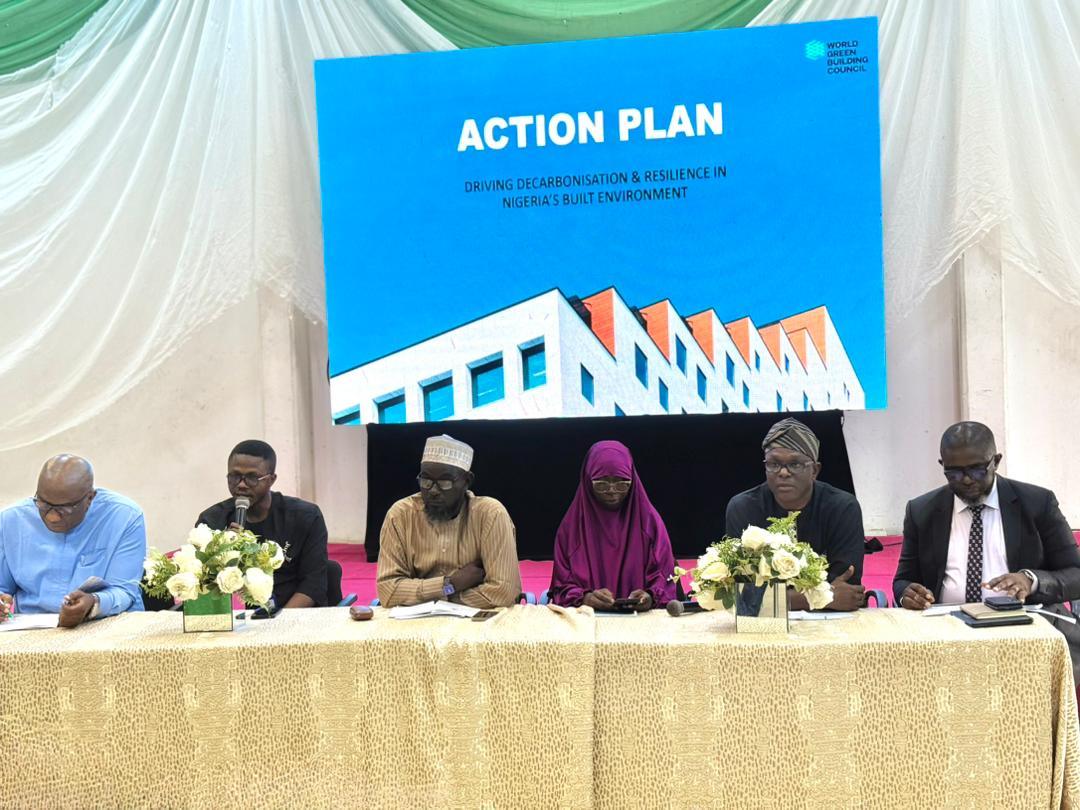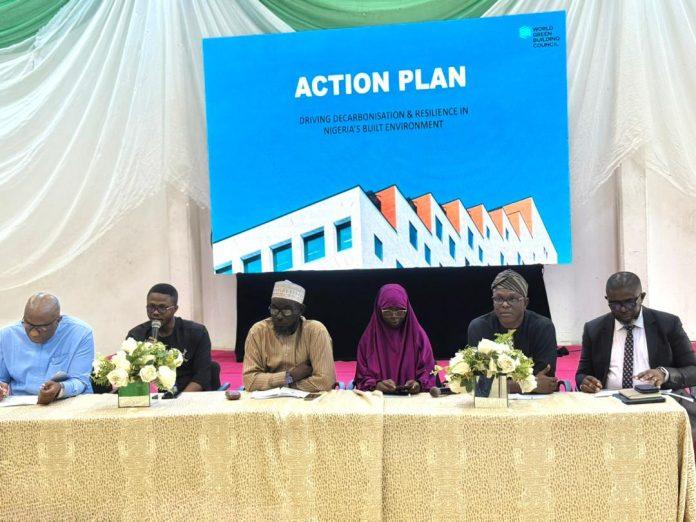
The Minister of Housing and Urban Development, Arc. Ahmed Musa Dangiwa, represented by Dr. Japhet Musa, has reiterated the Federal Government’s commitment to safer, more sustainable and inclusive urban development across Nigeria.
Speaking on North Central Regional Workshop on “Be Bold About Buildings” In Abuja, the minister described the initiative as an important step in translating Nigeria's national climate commitments into practical action at the country level. The global campaign aims to accelerate the decarbonization of the built environment while increasing resilience to climate change.
“Urban development is not just about building buildings and infrastructure. It is about building communities, nurturing ecosystems and creating inclusive spaces where every Nigerian can thrive. Sustainability is not a burden, but an opportunity to create jobs, improve health and protect our planet. Let us build not just structures, but legacies.” The minister stated.
He also highlighted the government's strategic vision, which is based on five pillars: political reform and green standards; affordable, sustainable housing; decentralized urban planning; climate-friendly infrastructure; and inclusive, participatory governance.
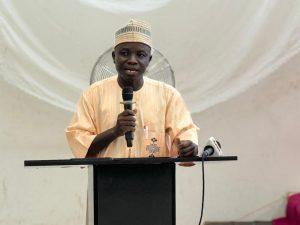
The President of the Green Building Council of Nigeria (GBCN), Mr. Danjuma Waniko, noted that the Nationally Determined Contributions (NDC) Scorecard for Sustainable Building Projects, part of the “Be courageous towards buildings” campaign, is “A global yet locally rooted initiative aimed at transforming the way we build, live and sustain our cities.”
“We have moved from planning to implementation. This project empowers every region in Nigeria to align construction practices with climate commitments and ensure that what we have on paper becomes a visible reality in our communities. Our focus now is on bringing these plans to the regions, because real climate action starts where people live, work and build.” Wanno explained.
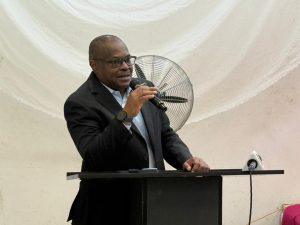
Mr Moses Aja, Deputy Director of Housing at the Federal Capital Development Authority (FCDA), delivered a message of goodwill and underscored Abuja's growing reputation as a model of sustainable urban development.
“The NDC Scorecard provides a consistent framework. It helps us measure progress, identify challenges and inspire other countries to adopt successful models. Abuja is poised to serve as a living laboratory for green and climate-resilient growth,” Aja said.
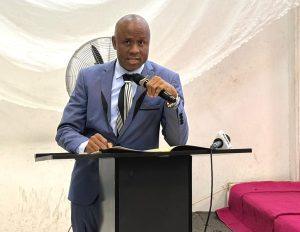
Commissioner for Housing and Urban Development in Plateau State, Hon. Sylvanus Dangtoe shared insights on local challenges and adaptation measures.
“We are mandating that every new building plan must include at least one tree. Our goal is to restore greenery and improve city resilience while reducing the impact of climate change on our communities.” Dangtoe revealed.
He added that the Plateau State government is reviewing the Jos Master Plan to enshrine sustainability principles, expand green spaces and introduce renewable urban plans. The state also works with UN-Habitat and other partners on water use, green building materials and inclusive planning in its 17 local government areas.
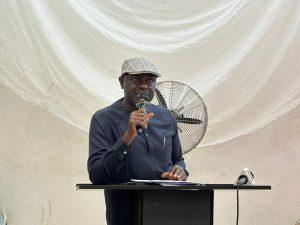
GBCN Technical Director, Ms. Sangeetha Ramaraj, explained that the NDC Scorecard was developed through a bottom-up process combining research, stakeholder consultations and policy mapping across 15 states.
“We identified significant policy gaps in areas such as biodiversity, nature-based solutions and equity. Our scorecard now provides a roadmap to address these gaps with measurable, time-bound actions. The action plan proposes eight strategic objectives, including capacity building, green finance, data strengthening, pilot projects and cross-sector collaboration, all aimed at improving Nigeria's built environment a motor for sustainability and innovation.”she said.
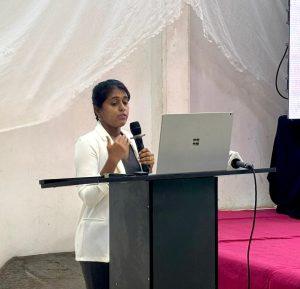
The workshop demonstrated the collective determination of government agencies, professional associations and development partners to transform the Nigerian construction sector into a model of sustainability and resilience.
